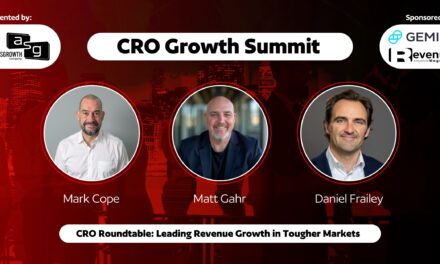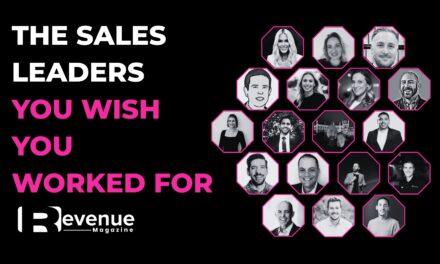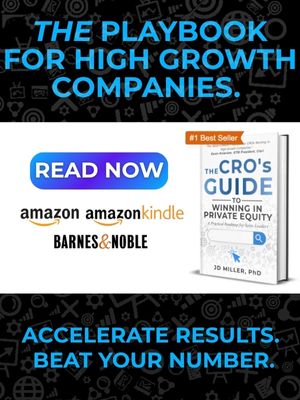
For Your Next Enablement Hire, Look to Your Experienced Sales Reps

The belief that not all great sales reps make great sales managers is generally accepted in the sales community, and I agree. Of those who would, not all want to and are often faced with a dilemma at a certain point in their careers, assuming a management role even becomes available to them. While remaining an individual contributor is the best path for some, others face burnout or other roadblocks that make retiring as an individual contributor untenable or unappealing at best. Sales enablement is a frequently overlooked career path for senior individual contributors who generally often have more to offer enablement departments (and sales organizations writ large) than those with limited, or in some cases, no frontline sales experience.
What Experienced Sales Reps Have to Offer
When I was studying for my M.B.A., the majority of my most effective professors were those who had extensive real-world experience in their field of expertise. Some of the adjunct professors or lecturers lacked a Ph.D. yet had more practical insights to share with students than tenured professors that had terminal degrees but limited professional experience outside of academia. Because sales is such a mentally taxing and stressful role, sales reps are more likely to respect and respond positively to enablement professionals that have “carried a bag” and can relate to their everyday challenges-and have first-hand knowledge of how to address them.
As training and coaching are important aspects of sales enablement, tenured salespeople can bring a diverse array of experience to developing and advising younger reps. Salespeople currently in their mid-thirties or older came of age in an era without a prevalence of Sales Development Representatives or sophisticated Customer Success teams, and thus have hands-on experience in full sales cycle management, as well as account retention and expansion. This range of experience lends itself to supporting the broad spectrum of roles that comprise a modern revenue organization.
The other key component of effective enablement is ensuring that sellers have the resources, processes, and technology to effectively and efficiently reach their potential. While some tenured sellers can be less tech-savvy and more resistant to change than their younger counterparts, this is not always the case. Additionally, knowing how to get results without the array of tools available today is valuable in assessing which tools are true value-adds and which are “nice-to-haves” that bloat budgets and further crowd tech stacks. Experienced sellers have likely also received a variety of third-party sales training over the course of their careers. Not only can they leverage learnings from said training, they can also gauge which programs and processes are the most valuable.
How to Recruit an Experienced Sales Rep to Your Enablement Team
In most organizations, a senior individual contributor role will have higher income potential than an enablement role, and in many cases even more than the most senior enablement role. However, an enablement role may provide a higher base salary, i.e., more guaranteed income, as well as a greater degree of stability than a sales role. Additionally, entering the enablement field provides one with the opportunity for new intellectual challenges and a genuine opportunity to help others learn from their success.
While salespeople are stereotyped as being more money-driven than people in other functions, which can certainly be the case, income potential is not the sole driver for all reps. Particularly those who have earned significantly over the course of their careers may not feel the need to earn at the same level they are accustomed to and are open to the positive tradeoffs an enablement role can offer. It’s thus possible that the primary obstacle in tapping into this talent pool may simply be one of awareness. Therefore, don’t hesitate to float the idea to experienced reps that have the potential to succeed in enablement and don’t assume that you understand all of their motivators.
Take the time to help them reflect on their accomplishments to date and think more holistically about what they want for the balance of their careers, and upfront about the tradeoffs a transition to enablement involves. In the course of discussion about career planning, introduce the transition to them as a viable option-you may be happily surprised at the response.

































